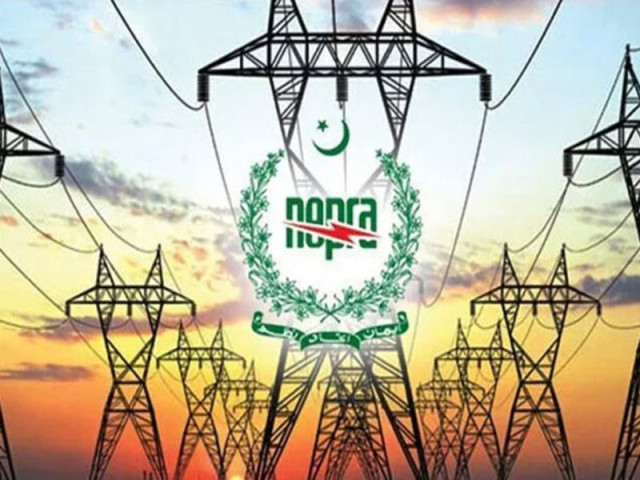Power consumers to get relief of Rs0.63/unit
Fuel adjustment for November 2024 promises cost savings on diverse energy mix

Electricity consumers are set to enjoy a significant relief in power tariff, with a reduction of Rs0.63 per unit, owing to the monthly fuel adjustment for November 2024.
Based on the available data, the Central Power Purchasing Agency-Guarantee (CPPA-G) had submitted a request for a reduction in the electricity rate of Rs0.6335 per unit as compared to the reference fuel charges of Rs7.8609 per unit. However, the actual cost of power generation for November 2024 stood at Rs7.2274 per unit.
The National Electric Power Regulatory Authority (Nepra), the country's power regulator, has scheduled a public hearing on December 31, 2024, to make a final decision on the proposed tariff cut. Under its mandate, the authority is empowered to adjust the approved electricity tariff on a monthly basis to reflect fluctuations in fuel costs. These adjustments, however, remain subject to policy guidelines issued by the federal government and must subsequently be notified in the official gazette.
The data also provides a breakdown of the energy generation mix during the month. The share of hydel power in the total electricity generation stood at 35.61%, marking a substantial contribution.
Imported coal, which plays a significant role in the energy mix, recorded a generation of 477 GWh, accounting for 5.94% of the total energy production. In comparison, local coal contributed 1,019 GWh (12.68%). The cost of electricity generated from local coal was Rs14.36 per kWh, while the cost of imported coal-based power stood slightly higher at Rs14.92 per kWh.
Oil-based fuels, including High-Speed Diesel (HSD) and Residual Fuel Oil (RFO), had negligible contributions to the energy mix during this period, with both recording 0.00% of total generation.
Natural gas also featured prominently, with local gas contributing 826 GWh (10.68%) at a cost of Rs11,533 million, translating to a generation rate of Rs13.44 per kWh. Regasified Liquefied Natural Gas (RLNG) added another 907 GWh (11.29%) to the total energy mix at a significantly higher cost of Rs21,031 million, resulting in a generation rate of Rs23.2 per kWh.
Among the other sources, nuclear energy proved to be one of the most cost-effective options, generating 1,655 GWh (20.61%) at a total cost of Rs2,865 million, which equates to an impressively low rate of Rs1.73 per kWh. Imported electricity from Iran accounted for 37 GWh (0.46%), costing Rs1,000 million at a rate of Rs27.15 per kWh. Renewable energy sources also made notable contributions: wind energy generated 98 GWh (1.22%), bagasse contributed 52 GWh (0.65%), and solar energy added another 69 GWh (0.86%) to the total production.






















COMMENTS (1)
Comments are moderated and generally will be posted if they are on-topic and not abusive.
For more information, please see our Comments FAQ